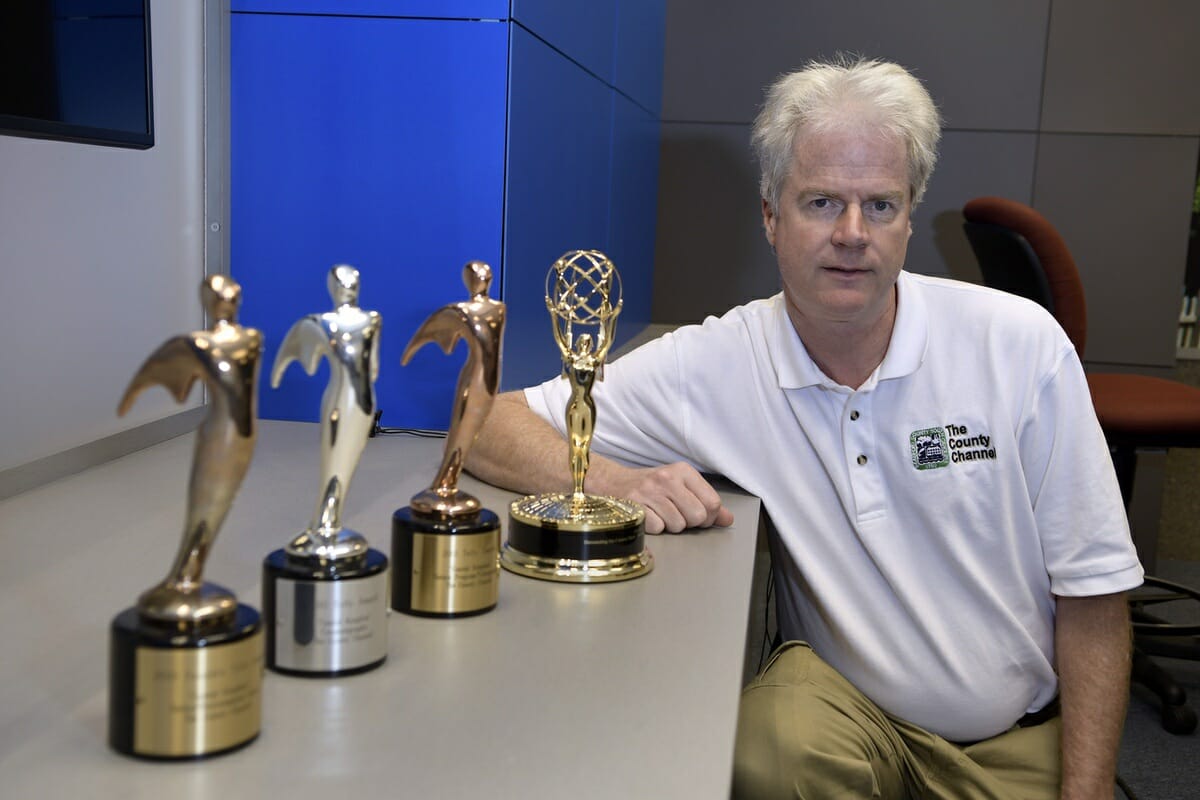By MIKE MCCOMBS
When I heard a while back that Clint Eastwood was making a movie about Richard Jewell, I’ll admit I was pretty excited.
Jewell, the security guard who first reported the bomb in Centennial Park during the 1996 Summer Olympic Games in Atlanta, is a tragic figure. And quite frankly, a man whose story deserved to be told.
And hearing that Eastwood would make the movie, I was positive I’d be ecstatic with the results.
I was wrong.
Having grown up in Atlanta, the 1996 Olympics were a big deal. My father a civil engineer, worked on transportation plans for the games.
In the early morning hours of July 27, 1996, I was with my girlfriend Mari Linn and friends at Tiger Town Tavern in downtown Clemson when special reports took over the televisions after a pipe bomb exploded in Centennial Park, resulting in two deaths and more than 100 injuries.
It was a kick to the gut.
This was pre-9/11. Mass shootings weren’t as common as they are now. But only a little more than a year before, Timothy McVeigh had bombed the Alfred P. Murrah Federal Building in Oklahoma City, killing 168 people. What was happening?
My girlfriend and I had a tough decision. We had Olympic baseball tickets for the next week, which we were supposed to spend in Atlanta. We ultimately decided to go, despite any threat, real or perceived.
As the days and weeks passed, Jewell, the man who had called the bomb in, was identified by the FBI as the primary suspect. The fact that the hero who had saved countless lives with his tip was suspected of planting the bomb was leaked by the FBI to the media.
This is where Eastwood’s recounting of Jewell’s story takes some wrong turns.
Eastwood’s movie implies that Atlanta Journal-Constitution reporter Kathy Scruggs, a key character in the film, has sex with an FBI agent in exchange for information on the FBI’s suspect.
Needless to say, Scruggs’ fellow colleagues, fellow journalists and many women expressed everything from disappointment to outrage at Eastwood’s creative license.
Two factors made it worse. First, Scruggs isn’t around to defend her character – she died in 2001. Secondly, the FBI agent that Scruggs had a relationship with in the movie is a composite character. No man had to endure the same scrutiny as Scruggs.
It’s possible this affected the movie’s performance at the box office. It’s hard to know. But what is undeniable is Richard Jewell was a flop. It pulled in a dismal $5 million on it’s opening weekend, It’s Eastwood’s worst nationwide opening since Bronco Billy brought in just $3.7 million in 1980.
Story over, right? Unfortunately, no.
As bad as it is that Eastwood took a cheap shot at Scruggs, it’s not the big thing wrong with the movie.
The underlying theme, really, is that the press, in its quest for a story, ran with the FBI’s information, facts be damned, and smeared a good man. I’m more than willing to concede that the media isn’t blameless.
But in his hit piece on the media and the FBI, Eastwood went too far. In his effort to prove “fake news,” he, himself, put out some fake news.
By October, Jewell, his life already in shambles, was officially cleared by the FBI, even receiving a rare letter from the Bureau stating this in writing. If you believe the movie, that’s because of some crack investigative work by Jewell’s defense attorney, Watson Bryant.
Wrong.
You can chalk Jewell’s exoneration up to one man – AJC reporter Bill Rankin.
In August, Rankin took a walk. A 4-minute, 45-second walk … from a pay phone in downtown Atlanta where the threat was called in to Centennial Park where the bomb exploded, killing Alice Hawthorne and causing a cameraman’s heart attack.
What Rankin found out, and the world soon found out, was that Jewell could not have made the bomb-threat phone call AND planted the bomb. The sites were too far apart. Jewell could not have been in both places, and he was obviously at the Park.
“Timing indicates Jewell didn’t make bomb threat” was the headline on Rankin’s story, which was Jewell’s big break.
How do we know this was the big break? Jewell’s own defense attorney says so.
Jack Martin, Jewell’s criminal defense attorney who is cut out of Eastwood’s movie, used Rankin’s story to perfection, inviting the press to join him on the five-block walk and making it clear the timing of the FBI’s hypothesis simply didn’t work.
Rankin’s story “was the first big break for us,” Martin told the Atlanta Journal-Constitution last month. “That was the first definitive fact that would have reflected the investigators were onto the wrong man.”
Only then did the FBI reach the conclusion Jewell wasn’t their man.
The movie makes no mention of Eric Rudolph, the man who eventually admitted to the bombing, along with the bombing of two abortion clinics and a lesbian club. You draw your own conclusions as to why.
And it doesn’t hold the FBI accountable at all for the leaks that put Jewell in the spotlight to begin with.
Ironically, the same thing would happen to Steven Hatfill and Bruce Edwards Ivins, two men identified as suspects but cleared in anthrax attacks in 2001. FBI leaks were once again the culprit.
The Olympics went on successfully. The bombing didn’t keep patrons away.
Mari Linn and I attended two baseball games, the second being the second semifinal game between the United States and Japan on August 1. The U.S. lost the game, but from the last row, Row 27, of the upper deck at the old Atlanta-Fulton County Stadium, Mari Linn and I were able to look down into the new Olympic Stadium and watch Michael Johnson break the record in the 100 meters and become the fastest man in the world. A once-in-a-lifetime event. And it happened in my home city.
Jewell wasn’t as lucky. He was briefly a hero in his home city, saving countless lives on July 27, 1996.
But his life was ruined shortly thereafter, and he was never really redeemed. He died in 2007 from complications of diabetes at just 44 years old.
Clint Eastwood had a chance to tell Jewell’s story as a man wronged and vindicate him.
Instead, in his effort to crucify the media, he told a forgettable tale.
Mike McCombs is the editor of The Island News.








